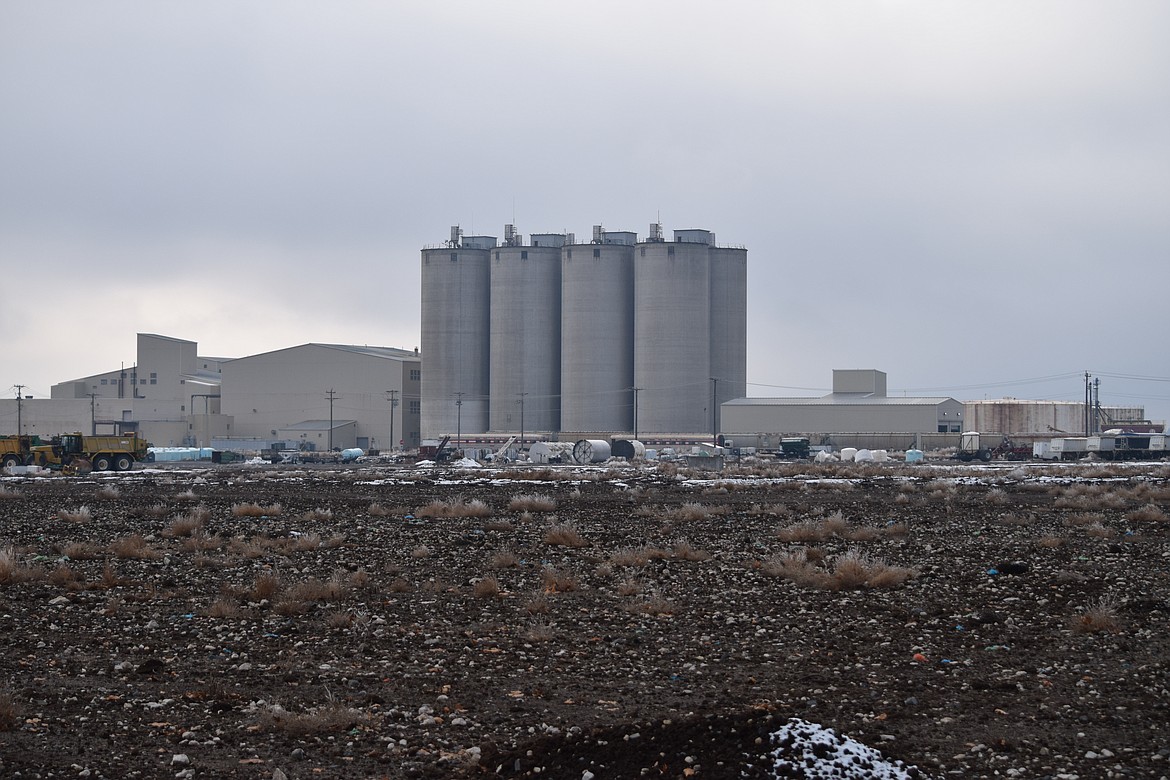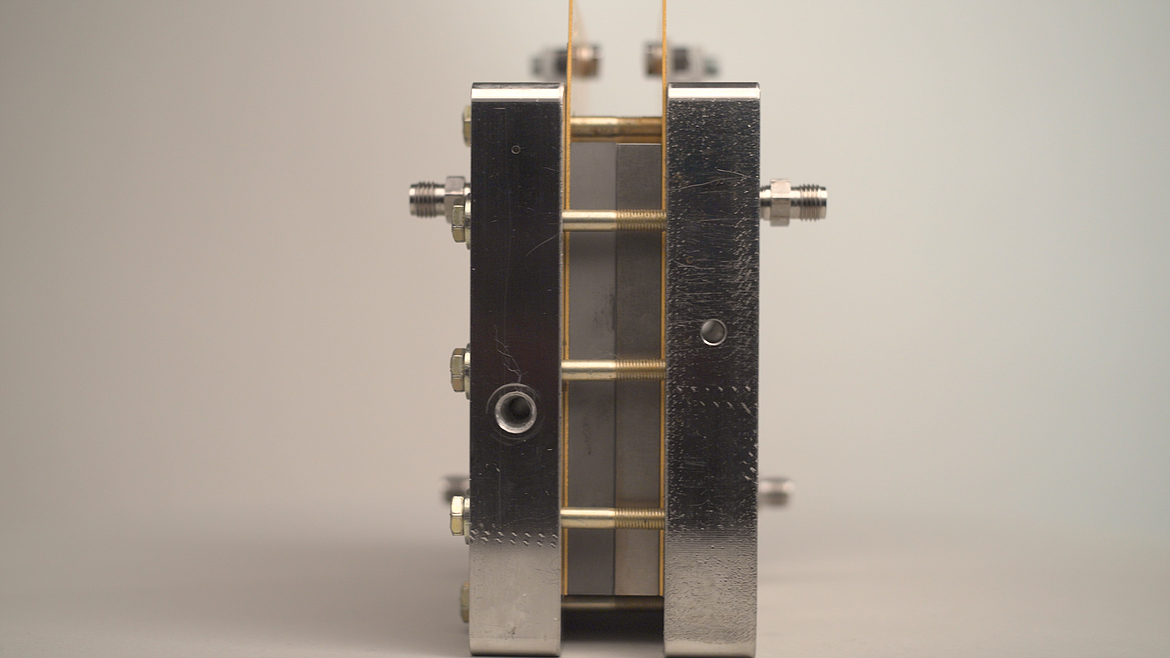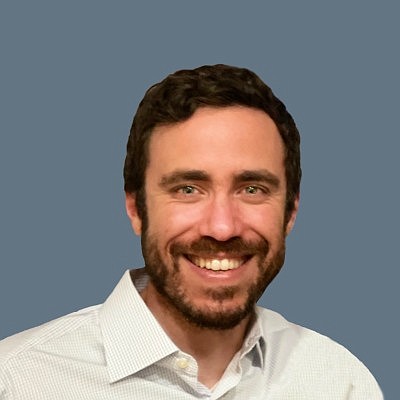Aviation fuel project eyeing Grant Co.
MOSES LAKE — In the future, airplanes could be powered by fuel made from hot air. Literally.
Become a Subscriber!
You have read all of your free articles this month. Select a plan below to start your subscription today.
Already a subscriber? Login





